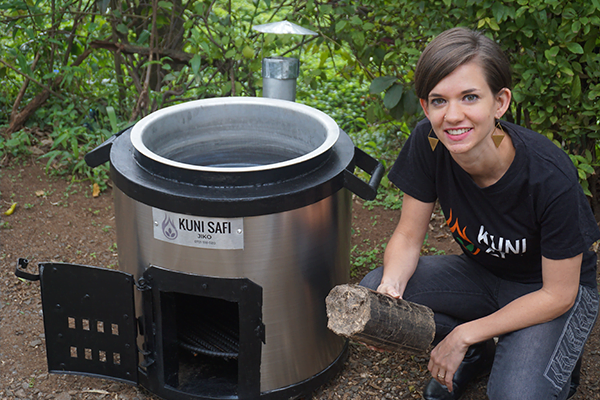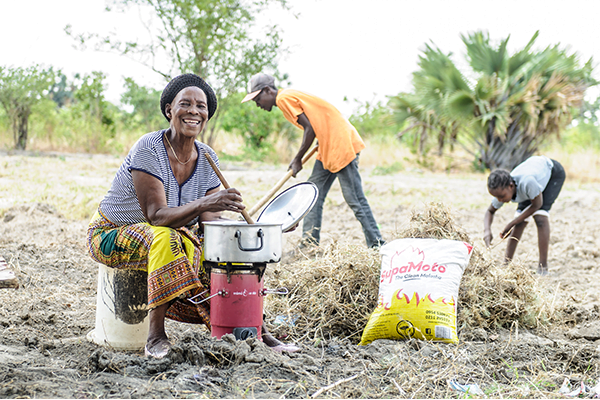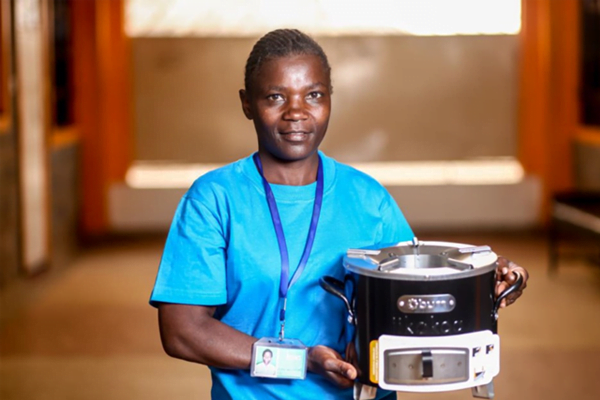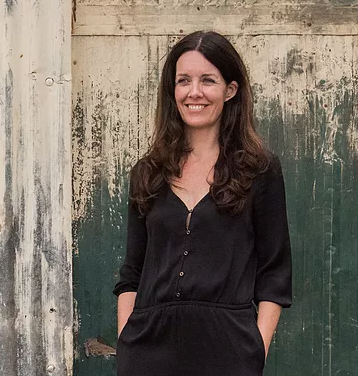
Each day-care had maybe 10-20 customers, but if you linked them together, you can reach 100-200 families.
What does Tiny Totos do?
Tiny Totos is a Kenyan social enterprise based on the idea that childcare standards in lower-income communities can be improved by building synergies among lower-income providers in the market.
The market was well-defined but substandard. That’s when it occurred to us that we could just help them do better. Providing a better service, getting better returns and improving the daycare service.
After realising that working with entrepreneurs rather than charities held the best prospects for transformation at scale, founder Emma Caddy secured a grant to pilot ways that informal daycares’ profits and childcare outcomes could be improved hand in hand through market-based incentives.
After a successful proof of concept in 2014, Tiny Totos spent three years working on their model, helping daycares be better managed, more successful and improve the quality of their services. From 2018 onwards, Tiny Totos began a process of scaling up operations to network-level intervention. The organisation no longer looked at daycares one at a time but organised them into networks to reach economies of scale and multiply impact.
To date, Tiny Totos has served 10,000 children, provided over 300,000 days of daycare, sold over 200,000 nutritious meals, trained over 3,000 women in business and childcare skills, and multiplied daycare profits by four on average.
How does Tiny Totos’ work tie in with energy access?
One of Tiny Totos’ objectives was to find solutions to help improve child health and wellbeing beyond daycares, when back at home.
EEP Africa’s grant enabled Tiny Totos to set up the customer database, payment collection and financing processes, and to pilot the financing and distribution of clean cookstoves through the daycare network. Tiny Totos partnered with Koko Networks. Tiny Totos provided the access to customers and Koko provided marketing materials and sales support.
That’s when the idea of using our networks as distribution channels emerged. We could track customer data and segment them based on the regularity of their attendance: full-time, part-time, and unpredictable. We wanted to see if we can use childcare attendance as collateral for customer financing and have impact on childcare beyond what happened in our daycares. Clean cookstoves were a natural fit for our nutrition impact.
How did the Covid-19 pandemic affect the project?
We were just launching the stove sales pilot when the economy shut down. By August we had only sold about 50-60 stoves out of a target of 1,500. Covid-19 made it really hard for us to sell, especially as we no longer had direct contact with customers as they were not taking their children to daycare.
To reach its target, Tiny Totos pivoted: they discounted the price from $45 to $35 and changed financing terms, leading to sales of more than 2,700 clean cookstoves. While the venture is not yet profitable, Tiny Totos has demonstrated its role as a broker in the market by enabling Koko Networks to reach a large number of customers even during a pandemic.
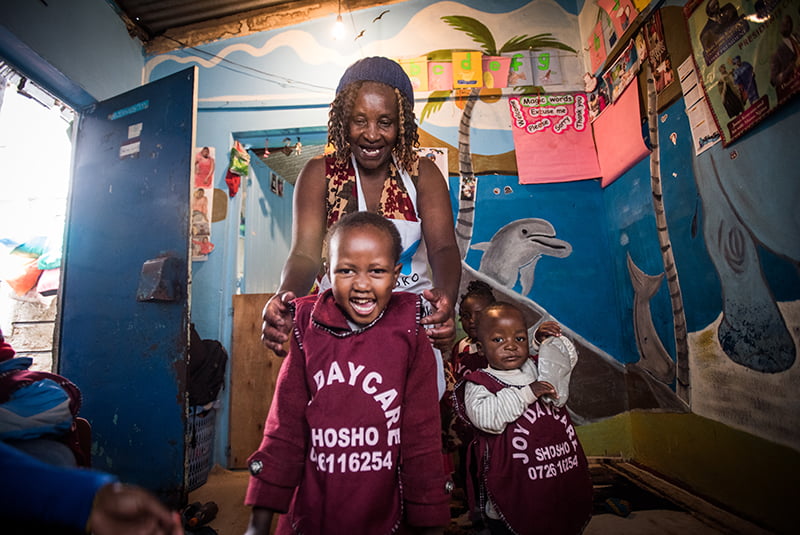
What are the lessons learned from this project?
The project has shown that aggregated informal daycares can influence parents’ consumer choices and access to clean energy products, including clean cookstoves. The EEP Africa grant has offereed the opportunity to showcase how Tiny Totos’ network can be used as an alternative distribution channel for energy products. Moreover, using childcare payment histories as an alternative data point to assess creditowrthiness has proven to be an effective way of providing access to clean energy financing to lower-income consumers.
Bringing Clean Cooking to the Missing Middle of the Market
Elana Laichena, founder & CEO of Acacia Innovations, a clean cooking leader in Kenya...
Clean Cooking Solutions Save Time and Money
Customers of Supamoto's clean cooking solutions on the impact for Zambian households...
Demonstrating the Cookstove Market in Peri-Urban and Rural Areas
Creating jobs and expanding to peri-urban and rural areas around Nairobi...



